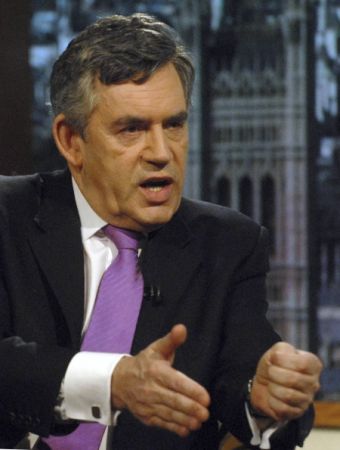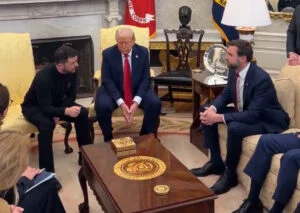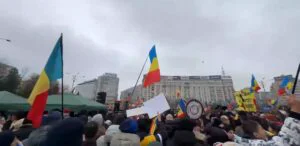
The largest oil exporters met yesterday in Saudi Arabia.T
he oil forum from Saudi Arabia at the invitation of king Abdullah ended in a dialogue of the def, according to Reuters. The declared objective of the consuming countries, to obtain the faucets opening from the OPEC members (Organization of the Petroleum Exporting Countries), hit the producers denial. Right before the reunion's opening, the OPEC president, Chakib Khelil, said that the demand of the consuming countries - especially of France and Great Britain - made over the organization for the increase of oil offer is illogical and irrational".
The media sustained that Saudi Arabia increased its oil production, but Khelil mentioned that "the impact on the market is null, the price of the oil barrel is always at 136 dollars", sustaining that the offer is not the problem. The official incriminated the speculations around the oil market, geopolitical tensions, the insufficient refining capacity and the launch of bio ethanol. Iran is supervising the production
Khelil underlined the paradox according which Saudi Arabia, the largest oil producer of the world and the only stae from OPEC which has unexploited capacities, just announced two successive raises of the production at an interval which was smaller than a month, to about 500.000 barrels per day (the equivalent of 0.5% of the global consume), which the market has ignored. This position is supported by the Iranian officials, which drew Saudi Arabia's attention on the "error" of increasing production, without the approval of the other OPEC members. From the organization created at the end of the '60 in order to guarantee the stabilization of oil price, but which is regarded by specialists as being more of a cartel, is composed by Algeria, Angola, Indonesia, Iran, Iraq, Kuwait, Libya, Nigeria, Qatar, Saudi Arabia, UAE and Venezuela.
OPEC production represents 40% of the global production of oil, while the largest producers outside the group are the United States, Norway and Russia. EFFECT
More money for the Arabs
Revenues from the sale of oil of six Arab monarchies from the Persian Gulf could grow with almost 75% in 2008 compared to last year, according to a study made by the analysts of the Kuwaiti company Al_Shall, according to AFP. The oil incomes of the member states of the Gulf Co-operation Council (Saudi Arabia, Bahrain, UAE, Kuwait, Oman and Qatar), which reached 364 billions dollars last year, could raise up to 636 billions dollars in 2008.








